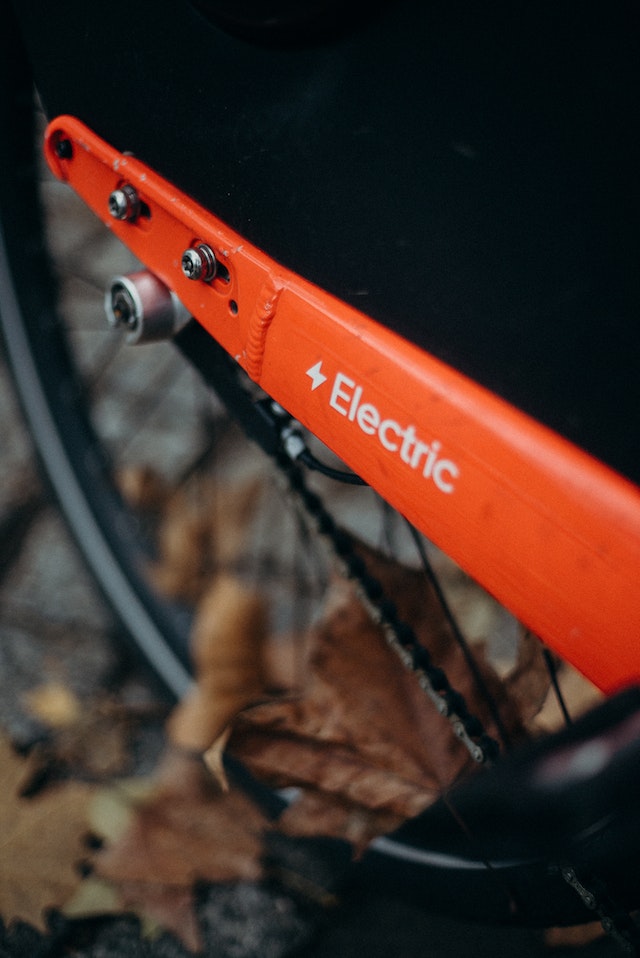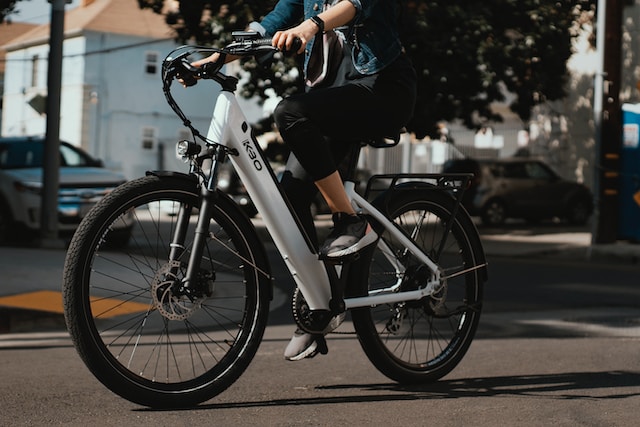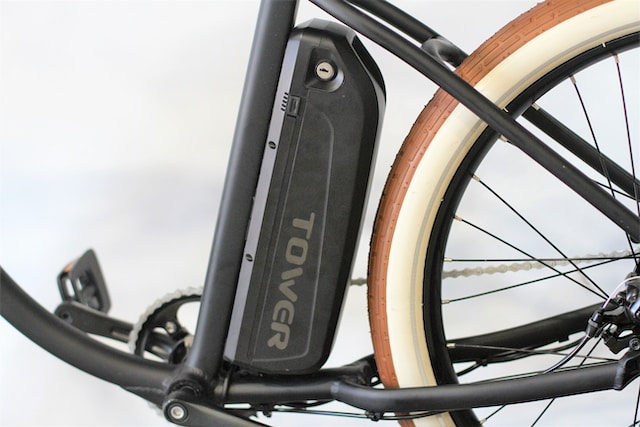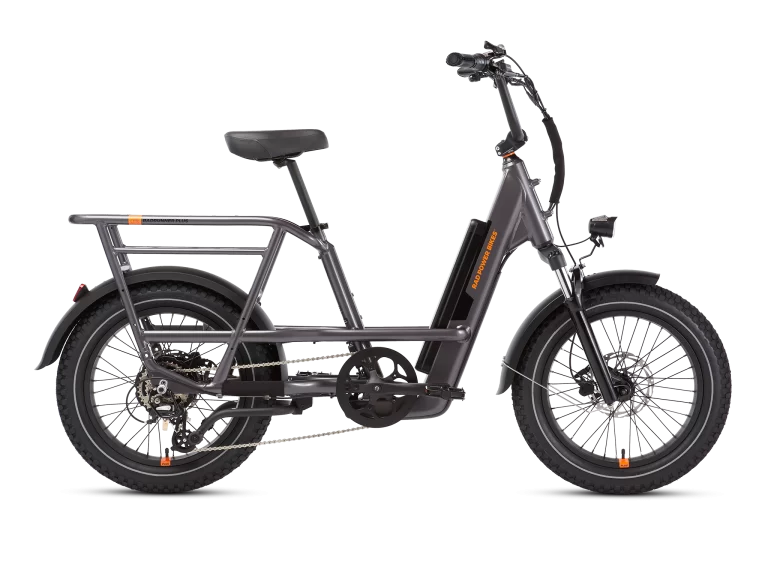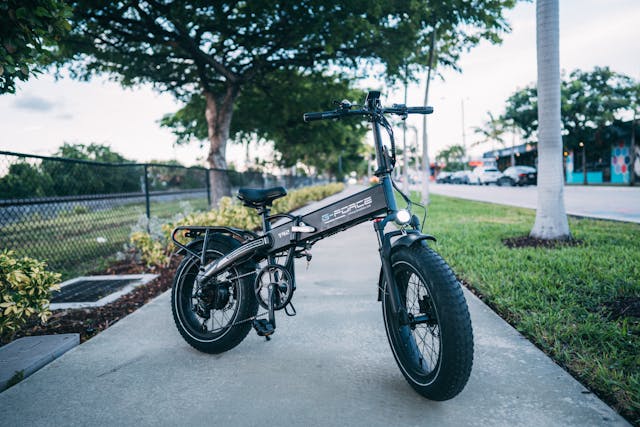Are Lithium Ion Batteries A Must For Storing Or Charging Your Electric Bike?
Many electric bike owners wonder whether lithium-ion batteries are imperative for storing or charging their electric bikes. The answer is a resounding yes. Lithium-ion batteries are the most common type used in electric bikes due to their high energy density and long lifespan. However, it’s crucial to handle them with care, as improper storage or charging can lead to safety hazards such as overheating, fire, or even explosions. Understanding the proper maintenance and usage of lithium-ion batteries is key to ensuring the safety and longevity of your electric bike.
Key Takeaways:
- Lithium-ion batteries are the preferred choice for electric bike storage and charging. These batteries are lightweight, long-lasting, and hold their charge well.
- Charging a lithium-ion battery is efficient and convenient. Most electric bikes come with chargers that can be easily plugged into a standard wall outlet.
- Using a lithium-ion battery for your electric bike will provide a consistent and reliable power source. This is crucial for maintaining the performance of your bike over time.
- Lithium-ion batteries have a higher energy density compared to other types of batteries. This means they can store more energy in a smaller and lighter package.
- Investing in a quality lithium-ion battery for your electric bike is imperative for maximizing its performance and lifespan. Cheap or low-quality batteries may not hold up over time and could end up costing you more in the long run.
Understanding Lithium-Ion Batteries
Little is more crucial than understanding Safe Lithium-Ion Battery Storage and Charging Procedures when it comes to utilizing lithium-ion batteries for your electric bike. These batteries are a popular choice due to their high energy density, long lifespan, and lightweight nature.
Composition and Functionality
Lithium-ion batteries are comprised of lithium ions that move back and forth between the anode and cathode during charging and discharging cycles. The electrolyte allows for the movement of these ions, and the separator keeps the electrodes from touching and causing a short circuit.
Advantages Over Other Battery Types
For instance, lithium-ion batteries offer higher energy density, longer lifespan, and lower self-discharge rates compared to other types like lead-acid or nickel-cadmium batteries. Additionally, they have no memory effect, allowing you to charge them partially without affecting overall battery life.
| Advantages | Details |
| High Energy Density | Lithium-ion batteries can store more energy in a smaller and lighter package. |
| Long Lifespan | These batteries can be recharged hundreds of times before the capacity significantly decreases. |
| Low Self-Discharge Rates | They lose power at a slower rate when not in use compared to other battery types. |
| No Memory Effect | You can charge them whenever convenient without compromising the battery’s life span. |
| Lightweight Nature | Being lightweight, they are ideal for electric bikes where weight is a crucial factor. |
- Liithium-ion batteries’ high energy density allows for longer rides on your electric bike without frequent recharges.
RELATED CONTENT – Top Five Electric Bike Batteries
The Importance of Storage and Charging Solutions
You need to consider the importance of proper storage and charging solutions when it comes to your electric bike’s lithium-ion battery. Choosing the right storage and charging methods can significantly impact the performance and longevity of your battery, ultimately affecting the overall efficiency and safety of your electric bike.
Enhancing Battery Life
Charging your lithium-ion battery correctly is crucial for extending its lifespan. Avoid overcharging or undercharging, as both can degrade the battery’s capacity over time. It is recommended to charge your battery to around 80% to 90% of its full capacity for daily use, and occasionally perform a full 100% charge to recalibrate the battery cells. Additionally, storing your battery at around 50% charge when not in use can help maintain its health during periods of non-use.
Proper maintenance of your battery, including keeping it at optimal temperature ranges and avoiding extreme heat or cold, can also contribute to extending its lifespan. Invest in a quality charger that is compatible with your battery’s specifications to ensure safe and efficient charging cycles. By following these guidelines, you can maximize the longevity and performance of your lithium-ion battery, ultimately enhancing your electric bike riding experience.
Ensuring Safety and Efficiency
Enhancing the safety and efficiency of your electric bike’s lithium-ion battery is paramount to prevent any potential hazards and ensure optimal performance. Using a reputable charger and following the manufacturer’s guidelines for charging can help prevent overcharging, overheating, or short-circuiting, which can lead to battery damage or even fires.
Regularly inspecting your battery for any signs of wear or damage, such as swelling or leaks, is necessary for maintaining safety. Avoid exposing your battery to extreme temperatures or environmental conditions that can compromise its integrity. By practicing safe storage and charging habits, you can enjoy a longer-lasting and more reliable lithium-ion battery for your electric bike.
RELATED CONTENT – Why Do Some Ebikes Cause Fire?
Alternatives to Lithium-Ion Batteries
Lead-Acid and Nickel Metal Hydride Options
Lead-Acid and Nickel Metal Hydride batteries were some of the earliest options available for electric bikes before lithium-ion batteries became popular. Lead-Acid batteries are cheap and have been used for a long time in various applications, including e-bikes. However, they are heavy, have limited energy density, and a shorter lifespan compared to lithium-ion batteries.
On the other hand, Nickel Metal Hydride batteries offer a better energy density and longer cycle life than lead-acid batteries. They are also more environmentally friendly as they do not contain toxic materials like lead. While these options may be more affordable, they come with their own set of drawbacks that make them less popular choices for modern electric bikes.
RELATED CONTENT – Mokwheel Asphalt Electric Bike Review
RELATED CONTENT – Review of the Mokwheel Obsidian Electric Bike
The Future of Battery Technology for E-Bikes
The advancements in battery technology continue to drive innovation in the e-bike industry, leading to the development of new options beyond lithium-ion batteries. Manufacturers are exploring new materials and designs to create batteries that are lighter, more efficient, and have a longer lifespan. These new technologies aim to address the limitations of existing battery options, providing e-bike riders with more choices when it comes to storing and charging their electric bikes.
As the demand for electric bikes grows and technology advances, we can expect to see a shift towards more sustainable and high-performance battery options in the future. These advancements will not only improve the riding experience for e-bike users but also contribute to the overall growth and development of the electric bike industry.
Consumer Considerations
Once again, if you are considering purchasing an electric bike, one of the most important aspects to think about is the type of battery that powers it. Lithium-ion batteries are currently the most popular choice for electric bikes due to their high energy density, long lifespan, and lightweight nature. However, before making a decision, there are several factors that consumers should consider.
Cost-Benefit Analysis of Lithium-Ion Batteries
To determine if investing in a lithium-ion battery for your electric bike is worth it, it is vital to conduct a cost-benefit analysis. While lithium-ion batteries may have a higher upfront cost compared to other types of batteries, they prove to be more cost-effective in the long run. Their longer lifespan, higher energy density, and lightweight construction make them a superior choice in terms of performance and durability.
Moreover, the efficiency of lithium-ion batteries leads to savings on energy consumption and charging time. This results in a more convenient and reliable riding experience for electric bike owners, making the initial investment worthwhile in the end.
Maintenance and Care Tips
For optimal performance and longevity of your electric bike’s lithium-ion battery, it is crucial to follow some maintenance and care tips. Regularly check the battery’s charging levels and avoid overcharging, as this can reduce its overall lifespan. Store the battery in a cool, dry place when not in use to prevent any damage from extreme temperatures.
- Regularly check the battery’s charging levels
- Avoid overcharging the battery
- Store the battery in a cool, dry place
It is also important to avoid draining the lithium-ion battery completely before recharging it. The battery performs best when kept at a moderate charge level, extending its overall lifespan and performance. The proper care and maintenance of the battery will ensure that it continues to provide reliable power for your electric bike for years to come.
- Avoid draining the battery completely before recharging
- Keep the battery at a moderate charge level
- The proper care and maintenance of the battery are vital
FAQ
Q: Why are lithium-ion batteries often used for electric bikes?
A: Lithium-ion batteries are popular for electric bikes due to their high energy density, lightweight design, and longer lifespan compared to other types of batteries.
Q: How long do lithium-ion batteries typically last in an electric bike?
A: On average, lithium-ion batteries for electric bikes can last between 2 to 4 years, depending on usage, charging habits, and environmental conditions.
Q: Can I use a different type of battery for my electric bike instead of a lithium-ion battery?
A: While other types of batteries like lead-acid or nickel-cadmium can be used for electric bikes, lithium-ion batteries are generally the best choice due to their performance and durability.
Q: How should I store my lithium-ion battery when not in use?
A: It is recommended to store lithium-ion batteries for electric bikes in a cool, dry place with a charge level around 50% to maintain optimal health and prolong their lifespan.
Q: Is it safe to charge lithium-ion batteries for electric bikes overnight?
A: It is generally safe to charge lithium-ion batteries overnight using a quality charger designed for the specific battery. However, it is always recommended to follow the manufacturer’s guidelines for charging and safety precautions.
Conclusion
Taking this into account, lithium-ion batteries are indeed a must for storing or charging your electric bike. Their high energy density, lightweight design, and long lifespan make them the ideal choice for powering electric vehicles like e-bikes. While they may come at a higher initial cost, the performance and durability they provide ultimately make them a worthwhile investment for electric bike enthusiasts looking for a reliable and efficient power source.
Ready to power up the discussion on lithium-ion batteries for your electric bike? Share your thoughts and experiences in the comments below and spread the word by sharing this post with fellow riders! Let’s spark a lively conversation and shed light on whether lithium-ion batteries are a must-have for storing or charging your electric bike.
Kristina Grant is not just an enthusiast but a true authority on electric bikes. Nestled in the coastal beauty of Virginia, Kristina has found the perfect backdrop for her passion for electric biking. As a dedicated wife and homeschooling mom, her life revolves around family, faith, and the thrill of adventure.
Originally hailing from Ohio, Kristina's journey with electric bikes began as a curiosity and quickly evolved into a deep expertise. Her blog is a testament to her love for electric biking, combining her fascination for eco-friendly transportation with her coastal lifestyle.
When she's not cruising the beach on her electric bike, you'll find Kristina indulging in her other loves: long walks along the shore, getting lost in a good book, and cherishing moments with her loved ones. With a heart as big as her love for animals, especially cats, Kristina brings a unique perspective to the electric bike world, grounded in her strong faith in God and her dedication to a sustainable lifestyle.
Through her blog, Kristina shares her extensive knowledge of electric bikes, offering valuable insights, tips, and recommendations to fellow enthusiasts. Whether you're a seasoned rider or a newcomer to the electric bike scene, Kristina's blog is your go-to source for all things electric biking, fueled by her passion, expertise, and the scenic beauty of coastal Virginia.


